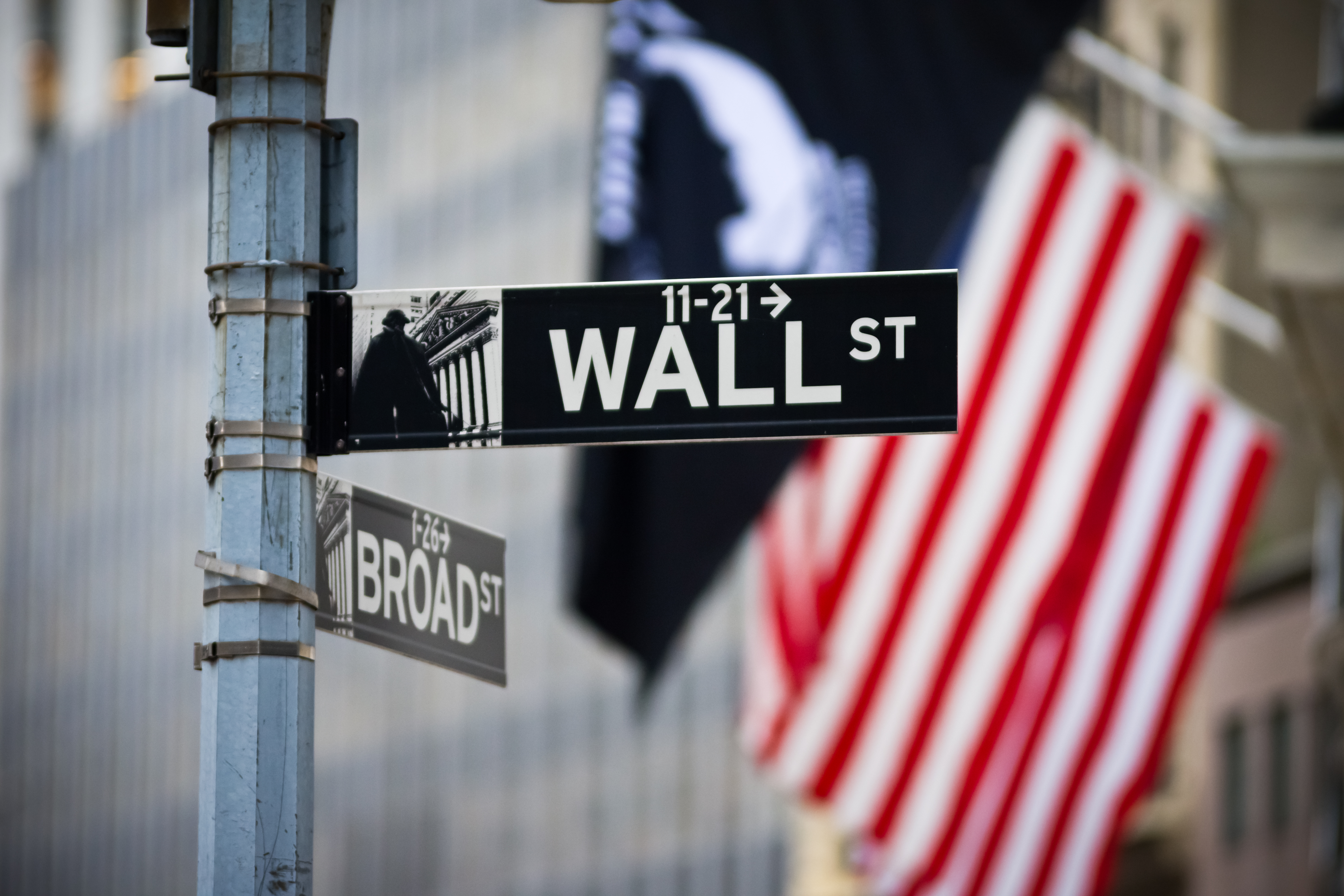Wall Street is much more than the name of a street in Lower Manhattan, New York -- home to the New York Stock Exchange. It represents an entire industry. Much like Hollywood represents the entertainment industry, and Silicon Valley stands in for the tech sector, Wall Street is synonymous with the financial markets and related financial securities industry.

What does Wall Street mean?
Wall Street derives its name from the location of the New York Stock Exchange, which is at the corner of Wall Street and Broad Street in New York City. Over the years, the Wall Street name has become synonymous with the stock market and other financial securities markets.
For example, if someone says they work on Wall Street, they don't necessarily work on the actual street. It means they work in financial markets as a trader, stock broker, investment banker, or another similar job.
Wall Street is often used in contrast to Main Street, which refers to the backbone of the American economy -- independent businesses operated by ordinary, hardworking Americans, a separate part of the economy.
Why is Wall Street important?
As an industry, Wall Street is significant and highly influential. The financial securities industry holds trillions of dollars in assets on its balance sheets, which means the industry's health is necessary for the domestic economy to function.
In exchange for their work, banks typically charge a fee of 2% to 8% of proceeds. It's rare for a company to go public without an IPO, but it can do so through a direct listing or a Dutch auction. Working with Wall Street is still the most conventional method when it comes time for a company to make a big financial move.


















